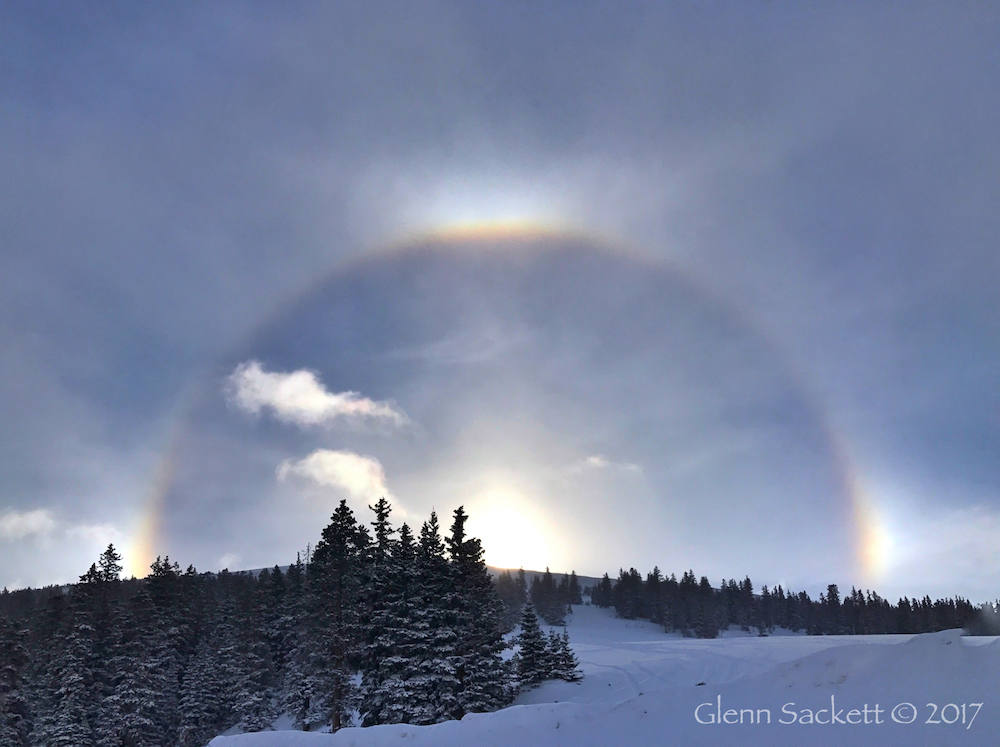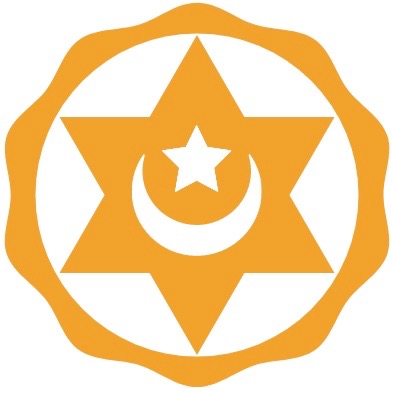A Taste of Kabbalah: Receiving the Wisdom of Torah for Personal and Global Transformation
The Revolution of Chassidus
Rabbi Mendel Brackman has a passion for learning Chassidus which is deeply rooted in Kabbalah. A post graduate rabbinical student at the central Chabad yeshiva in Brooklyn NY, he is the son of Rabbi Benjy Brackman of Chabad in NW Metro Denver. Listen to receive a taste of how Kabbalah can guide us in our desire for awakening in life.
What is Kabbalah? Kabbalah means “receiving”. A secret, only a Kabbalist – someone who lets go of the physical reality – can provide a sense of what Kabbalah brings to the table in a practical way. Deeply rooted in Kabbalah, Chassidus interprets practical implications from something that is inherently not practical.
Tzadik and Teshuva
Chassidus uses the knowledge of Kabbalah to show us how to live a good life and contribute to the well-being of the world. A Tzadik is the Kabbalist. He’s living a spiritual life because he is by definition G’dly. Ba’al Teshuvah, those who practice Teshuva, use Kabbalah as a tool to elevate themselves because they want to refine their kelipot – literally a shell, things that hide G’dliness.
Through Chassidus, we can use the immense energy of Kabbalah and channel it to bring the spiritual realm into the physical. By doing so, we make the world a place where depth and meaning can flourish — where spirituality is no longer secondary in nature.

What is the purpose of life? Why are we here?
Two Worlds: Tohu and Tikun
Every world has two dimensions, the source of G’dly Light and what Light manifests into — kelim, or vessels. The vessel is not secondary to the light: they interact harmoniously with each other. When Light came into the world of Tohu, Tohu shattered. Known as the “breaking of the vessels,” this gave birth to Tikun, meaning repair.
- Tohu – the void
- Tikun – the world of emanation
What is Tohu lacking? Unable to find harmony between Light and vessel, passion overpowers the identity of Tohu. In contrast, Tikun shares its power with the world around it. These two worlds give rise to two paths of awakening – self-realization and self-transcendence.
- Self-realization – Tohu, passion that can overwhelm all else
- Self-transcendence – Tikun, which brings a higher energy into our lives
These two worlds operate in ourselves and in the world around us. Exploring the balance between doing for ourselves and doing for others, Rabbi Mendel discusses the role of personal development and service to make the world a more beautiful place.
Stories of Torah
As in life, we can focus on the story — or on the archetypal meaning that underlies the story. Who are Esau and Jacob? What is the significance of Jacob marring two wives, Rebecca and Leah? What roles do Joseph and Judah play, and how can these archetypes illuminate our everyday lives?
These ancient stories reveal how we can move toward harmony within our own hearts and in relation to others. As we discover in the lives of Joseph the Tzadik and Judah the Ba’al Teshuva, the Tzadik initiates, Teshuva completes.
This is why Leah’s lineage through her sons Levi and Judah give birth to the deliver Moses and the kingship of David. While the son of Jacob and Rebecca initates the turn in the flow of history, it is the descendants of Leah who perform Teshuva that rises to Moses and King David.
The Tzadik initiates, Ba’al Teshuva completes:
- Son of Jacob and Rebecca – Joseph the Tzadik who draws the Israelites to Egpyt
- Son of Jacob and Leah – Levi the Ba’al Teshuva and the lineage of Moses
- Son of Jacob and Leah – Judah the Ba’al Teshuva and the lineage of King David
Through the insights of Kabbalah, we revisit stories learned as children from the perspective of the inner workings of Torah.
Confidently, Rabbi Mendel assures us:
It’s something that people would want more of if they just studied Torah a bit. It’s just so beautiful.

The unity, the singularity of Torah all points to a common thread. It all points back to the Almighty, to the place that is all One. By studying Chassidus, we can translate this into our lives and become the Ba’al Teshuva and begin to repair what is around us.
What Is Our Purpose?
Why does Rabbi Akiva’s phrase “to love your fellow as yourself” encapsulate the whole of Torah? Listen to learn more from the perspective of a Kabbalist about the:
- Purpose for creation
- Harmony and oneness within humanity
- How to become a more fulfilled person
- Ruach (breath) and role of the ego
- Difference between being spiritual and being G’dly
Learn More:
Connect with us!
- Chabad of Northwest Metro Denver
- Adult Online Education: The Journey of the Soul







0 Comments
Trackbacks/Pingbacks